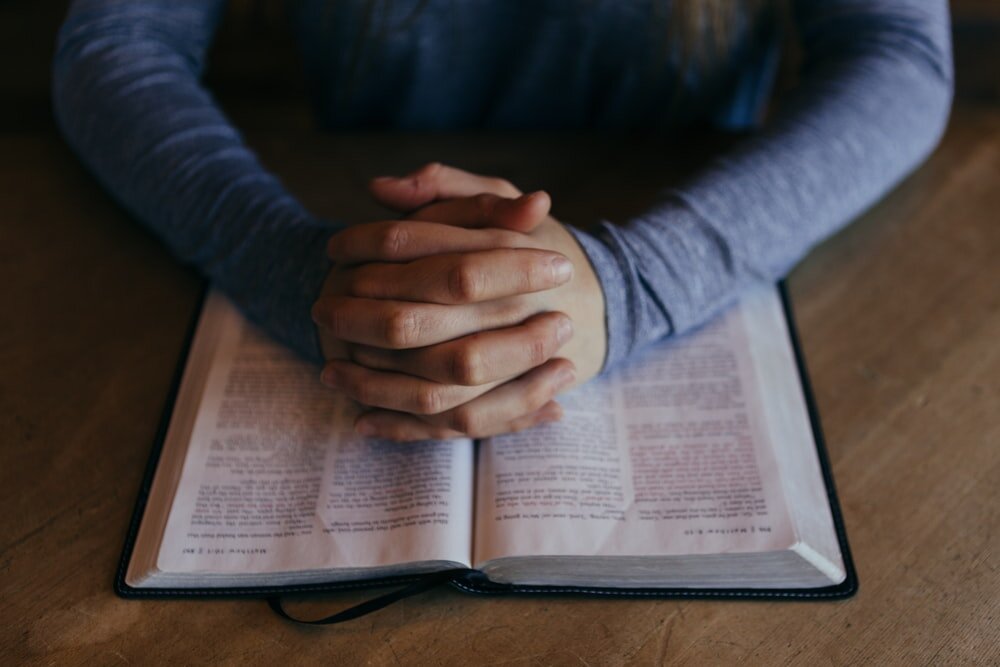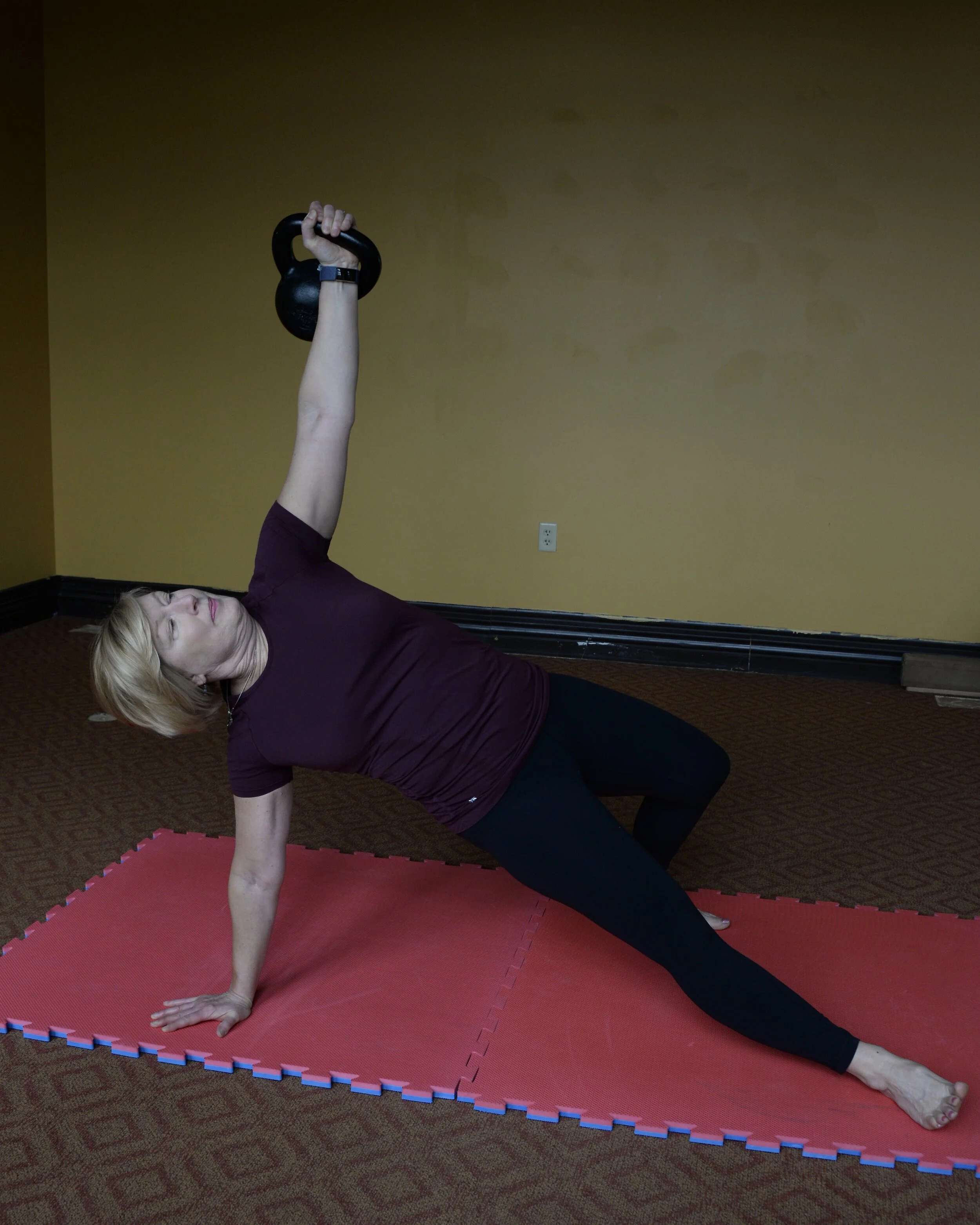The commitment to exercising on a regular basis is difficult indeed. I’ver read reports that cite that only about a quarter of the adult population exercises on a regular basis. I could write all day about the benefits of exercise, but I find it much more interesting to write about why it’s even most important to never give up on developing a deep and rich spiritual life with Jesus Christ at the center.
The goal of exercise is earthly — to take care of our bodies (and minds) and that is good, but persevering in the spiritual life with the goal of being with Jesus forever in heaven is the clarion call God’s makes to each of us.
How we journey toward this goal varies as God works so individually with us. I’d like to share my experience of a time when I was reminded by our Blessed Mother to never give up on making my journey with God the top priority in my life.
Several years ago, I moved from helping organizations with their marketing needs to working full time teaching people how to exercise, I found this new profession extremely interesting and rewarding. I greatly enjoyed taking classes to learn new modalities of exercise and sharing that with others. It was fun, social and it filled much of my time. I began to spend less time praying and attending daily Mass.
I believe that our Blessed Mother had an intervention with me one day in the gym and this re-ignited my desire to pray more, make my spiritual life the main priority and to never give up on growing closer to Jesus in my everyday life.
That intervention by our Blessed Mother led me to find SoulCore, Rosary prayer and exercise. I discerned to became a certified SoulCore leader so that I could share this beautiful way of praying the Rosary and moving with others. SoulCore combined two things that I loved — faith and fitness — and I could share this form of evangelization with others to glorify God. This was truly an answered prayer.
SoulCore led me back to praying a daily Rosary, attending daily Mass, frequenting the Sacrament of Reconciliation and reading scripture. God’s poured his grace into me and my desire to never give up growing in my faith is currently strong and true. I have reduced my time dedicated to exercise, and teaching exercise, and that gives me great peace and joy because I have more time for God.
I believe there was subtle work by the evil one at that time in my life — as we know he will do anything to pull us away from God — even twisting and contorting good things to become attachments or obstacles to God. Just as Jesus was tempted in the desert, we can be tempted to make idols out of our temporal pursuits — even when they start out as something good.
We can never give up on praying, receiving the Sacraments as often as possible, reading Scripture and seeking to grow closer to Jesus. Our spiritual practices sustain us through the challenges of this life and strengthen us against the temptations in our culture to do very little or perhaps just enough spiritually — not what God is calling us to on the road to sainthood.
St. Paul understood well that worldly temptations can pull us away from God. May we pray and reflect on his words from Titus 2:11-12 and may we never give up! “For the grace of God has appeared, saving all and training us to reject godless ways and worldly desires and to live temperately, justly, and devoutly in this age.”



































